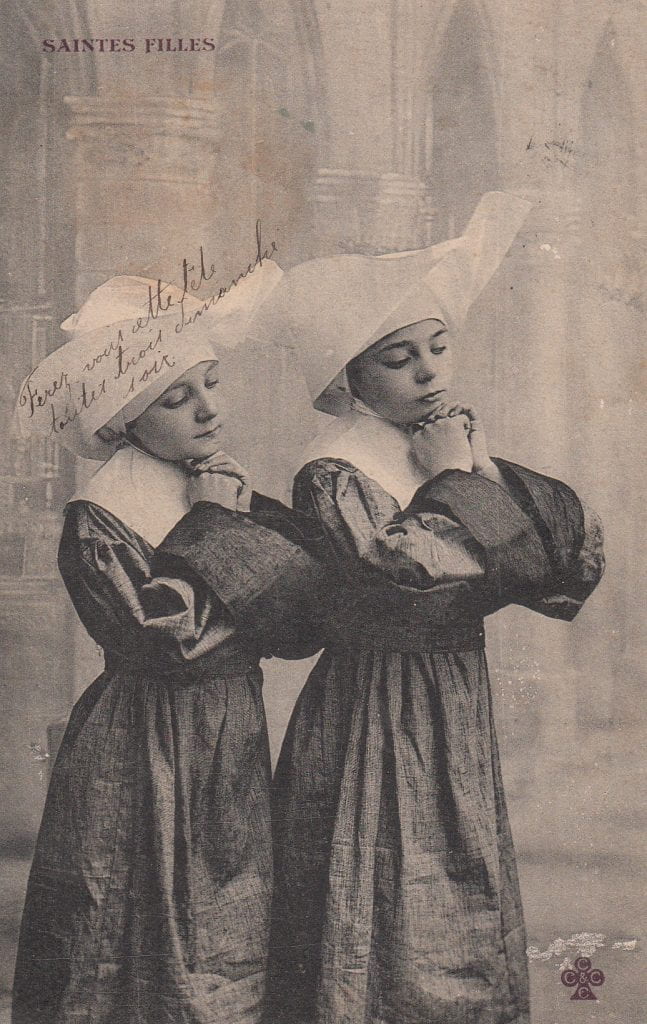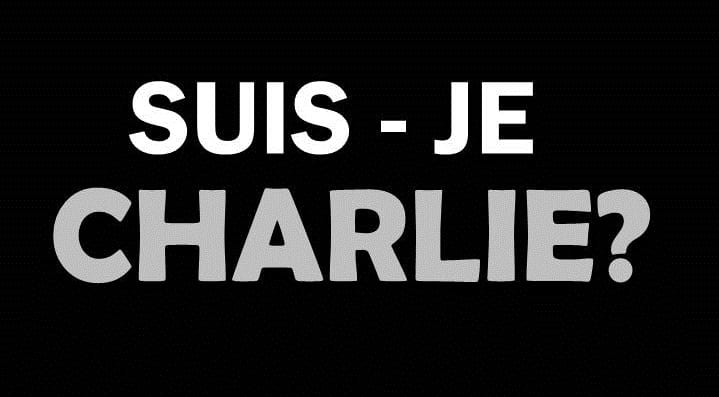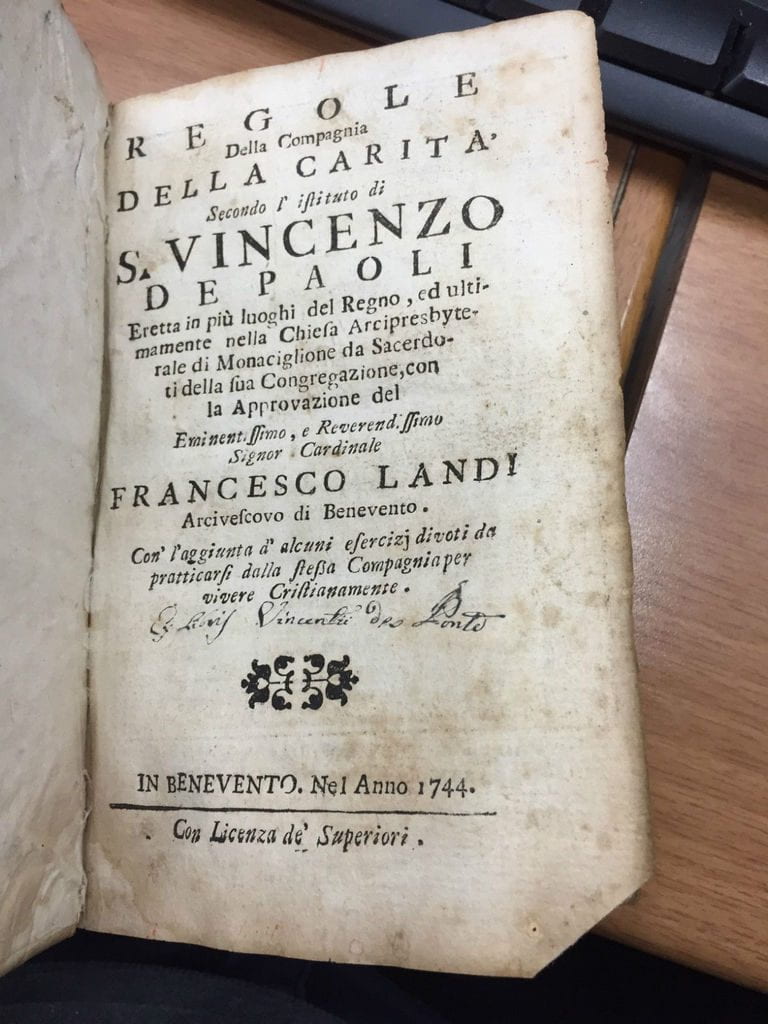
Interfaith Scholar Joel Gitskin shares how he connects to his faith through being a bike messenger
The bike messenger community is an interesting one. In the last year and a half of my life, while I’ve been making money by carrying a bunch of stuff from one place to another on two wheels, I’ve met a strange and beautiful crowd of people. From young parents trying to provide for their children, to high school kids with a taste for adventure, artists working so they can do what they love, men in their forties who have been doing this job since I was in diapers, extremely well-read ex-train hoppers, suburban transplants trying to find their place in the world (like myself), young adults paying their way through college or graduate school (also like myself), and anybody in between. I can honestly say that this job has made me a better person, a better future educator, and a better Jew. I would be a vastly different person that I am now had I never wandered into Raptor Delivery on a lazy Friday afternoon my second year at DePaul and asked “are you looking for riders?”
One of the most important things for me that this “career path” brought about was in my Judaism. My job at Raptor Delivery was the first job I had where I told my boss that I wouldn’t work on Shabbat, and I said the same thing when I moved to Snap Courier, where I currently work. Though the initial reasoning was a bit more practical, I knew that if I didn’t force a day off upon myself that I’d run myself into the ground, there was definitely a spiritual undertone in the decision, even if it was subconscious. Keeping Friday night and Saturday separate has been really beneficial in my spiritual development and my overall mental health.
Being a messenger (or Shliach, if you will) has been a benefit to those I’ve met as well as myself. At Snap, I’ve become, in a way, “The Jewish Guy,” and sometimes, more broadly “the religious guy.” The one who sometimes has a yarmulke under his cycling cap, and had tzitzis strings hanging out from under my t-shirt. Being religious, and even more, being up-front about it and proud of it, is not a very common thing these days, especially in the young urban community that comprises most of the messengers I work with. I’ve been the butt of some good-hearted jokes, and the creator of some myself, pertaining to my faith. I once had a colleague say to me “You know, this might sound weird, or even a little mean, but you’re like the coolest religious person I’ve met. I never saw religious guys as people I’d like to be around.” It was a strange compliment to receive, but one I’ve really taken to heart. People tend far too often to keep to people who are like themselves. Jews stick with Jews, Muslims stick with Muslims, and so on. Nonbelievers are no different. This leads inevitably to preconceived notions about “the others” and leads to the shrinking of our personal worlds. When I, as a messenger, maintain my Judaism, I create a bridge for the people I meet in either world, and show them that really, we aren’t all that different. Sure, our Friday nights look different on the surface, but my reasons for going to Shabbat: family, friends, belonging, food (mostly food), aren’t too different from the reasons my messenger friends all hang out on the weekends and in their time off.
I’m thankful to G-d every day that I found my love for cycling, and that I found a way to profit from it without having to race in the Tour de France. But even more, I’m glad that I can be the “token Jew” to people who’ve never really talked to one before. I’ve found that many of my coworkers had questions about it that I was able to answer for them, or misconceptions that I was able to clear up. I like to think I affected their lives for the better, I know they did me. I believe, and my faith teaches, that we’re put in this world to leave it, and the people populating it, in a better state than when we arrived. This could mean keeping Shabbat, for me, or putting on Tefillin, doing any Mitzvah. But I think it also means that I should share myself and my faith with those I’m brought into contact with, so that I can leave them a little happier, a little more understanding, a little better off, than when I met them.







